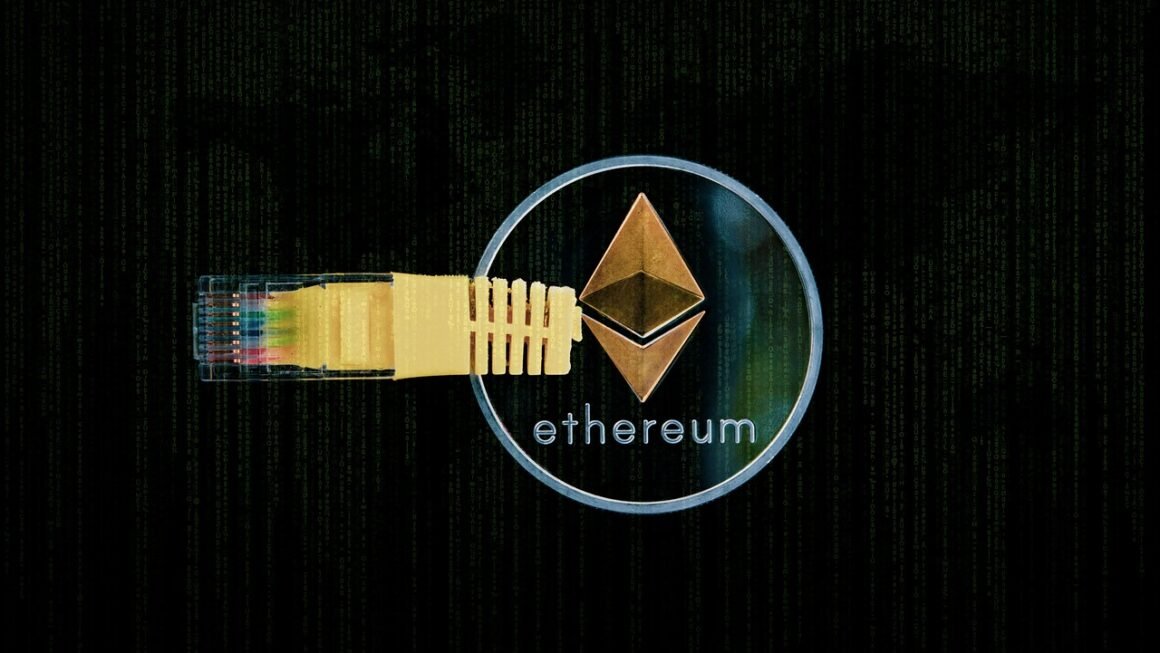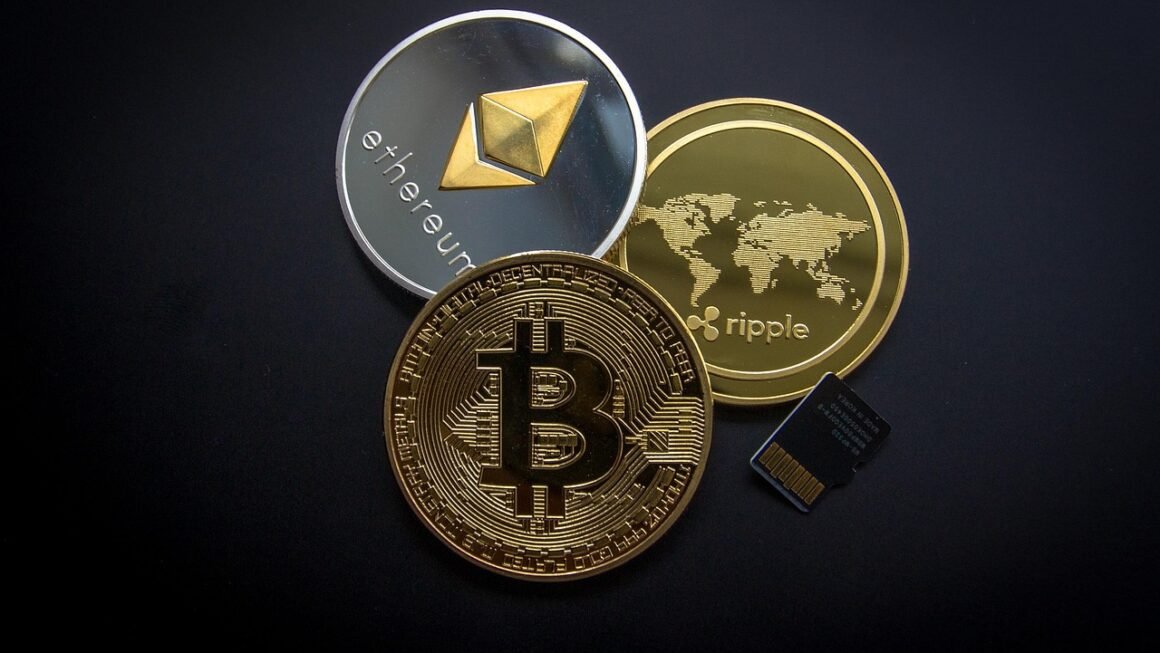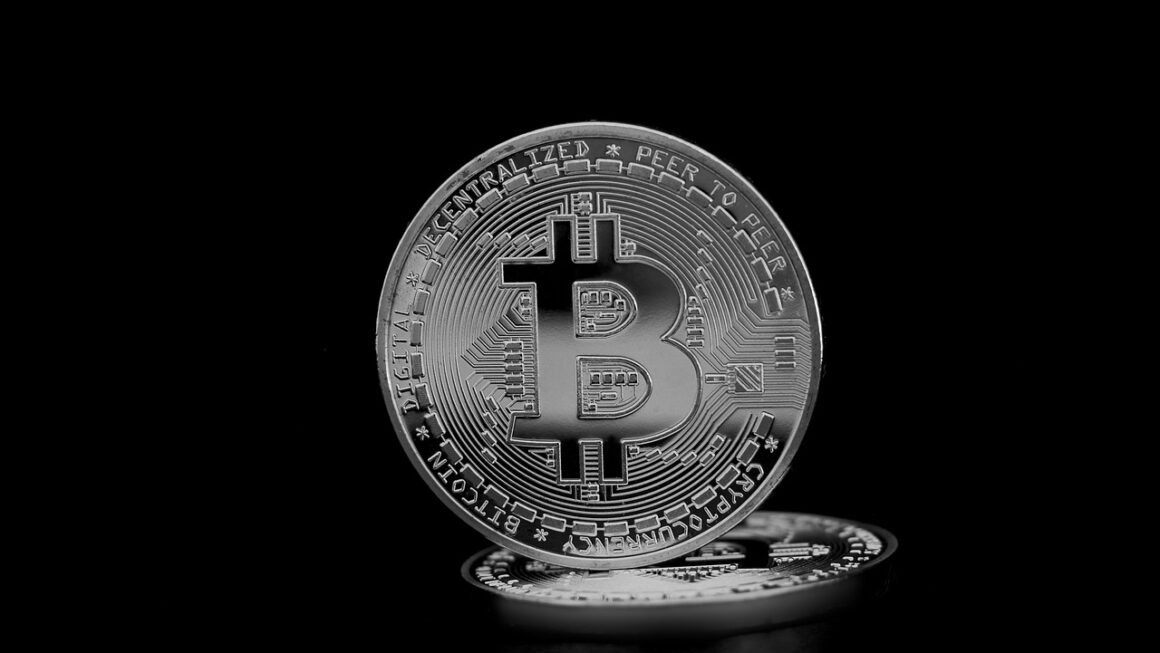Decentralization: The Future of Data Management and Governance
The digital landscape is constantly evolving, and with it, the way we manage and govern our data. Centralized systems, once the norm, are now being challenged by a new paradigm: decentralization. This groundbreaking concept offers a revolutionary approach to data management, promising enhanced security, transparency, and efficiency.
Core Concepts of Decentralization
Distributed Ledger Technology
- Decentralization relies on distributed ledger technology (DLT), such as blockchains.
- DLTs are immutable, shared ledgers that record transactions across a network of computers.
- Each computer (or node) maintains a copy of the ledger, ensuring data integrity and preventing unauthorized alterations.
Consensus Mechanisms
- Consensus mechanisms ensure agreement among nodes on the validity of transactions.
- Common consensus mechanisms include Proof of Work (PoW) and Proof of Stake (PoS).
- Consensus mechanisms prevent double-spending and promote data consistency.
Smart Contracts
- Smart contracts are self-executing programs stored on the blockchain.
- They automate processes, reducing the need for intermediaries and minimizing human error.
- Smart contracts enhance transparency and enforce predefined rules and agreements.
Benefits of Decentralization
Enhanced Security
- Data is distributed across multiple nodes, making it nearly impossible for hackers to compromise the entire system.
- Immutable ledgers prevent data tampering or unauthorized modifications.
Increased Transparency
- Transactions are visible to all participants on the network, providing a clear audit trail.
- Smart contracts automate processes, reducing opportunities for corruption or fraud.
Improved Efficiency
- Decentralized systems eliminate intermediaries and automate processes.
- This reduces costs, speeds up transactions, and streamlines data management.
Empowerment of Individuals
- Decentralization gives individuals control over their own data.
- Users can securely store, share, and manage their information without relying on third parties.
Practical Applications of Decentralization
Supply Chain Management
- Decentralized ledgers can track goods and materials throughout the supply chain.
- This improves transparency, reduces fraud, and optimizes inventory management.
Financial Services
- Decentralized platforms facilitate secure and efficient financial transactions.
- They enable peer-to-peer lending, insurance, and asset management without intermediaries.
Healthcare
- Decentralized systems can securely store and share patient medical records.
- This improves access to information, enhances collaboration, and promotes patient privacy.
Conclusion
Decentralization is not merely a technological shift; it’s a transformative force that is reshaping the way we manage and govern our data. By offering enhanced security, transparency, efficiency, and individual empowerment, decentralization has the potential to revolutionize industries and empower billions of people worldwide. As the digital landscape continues to evolve, decentralization will undoubtedly play a pivotal role in shaping the future of data management and governance.



